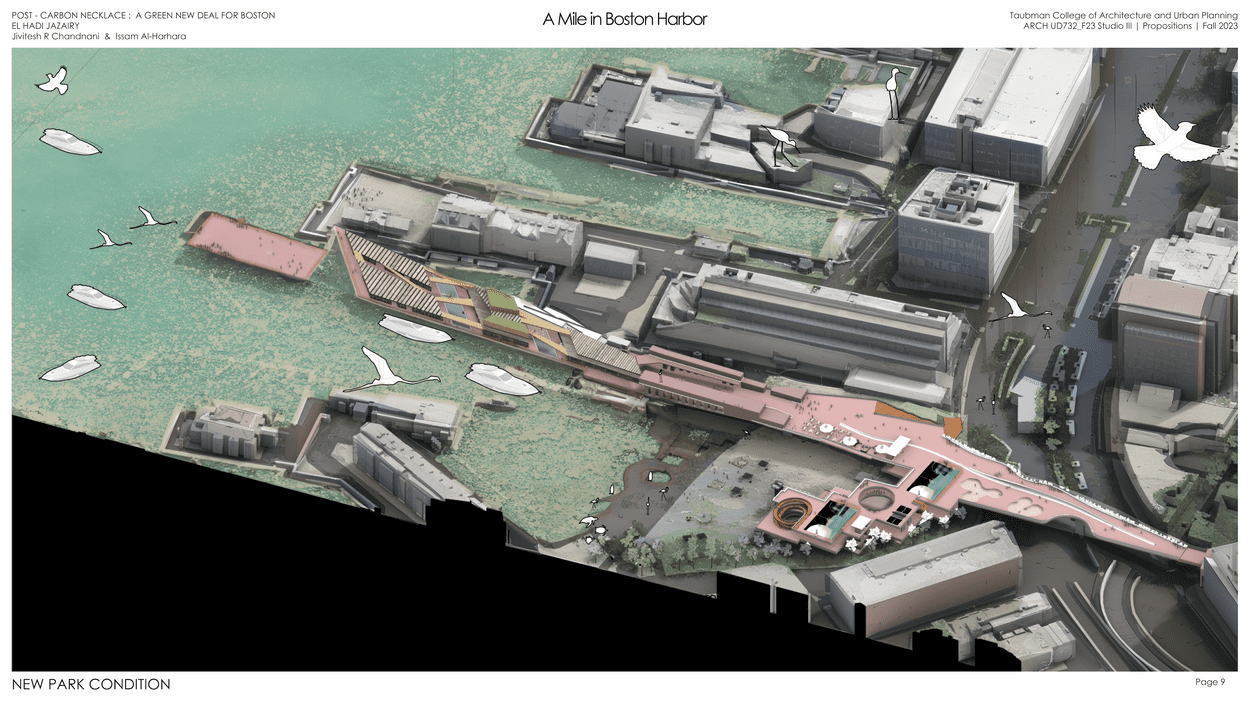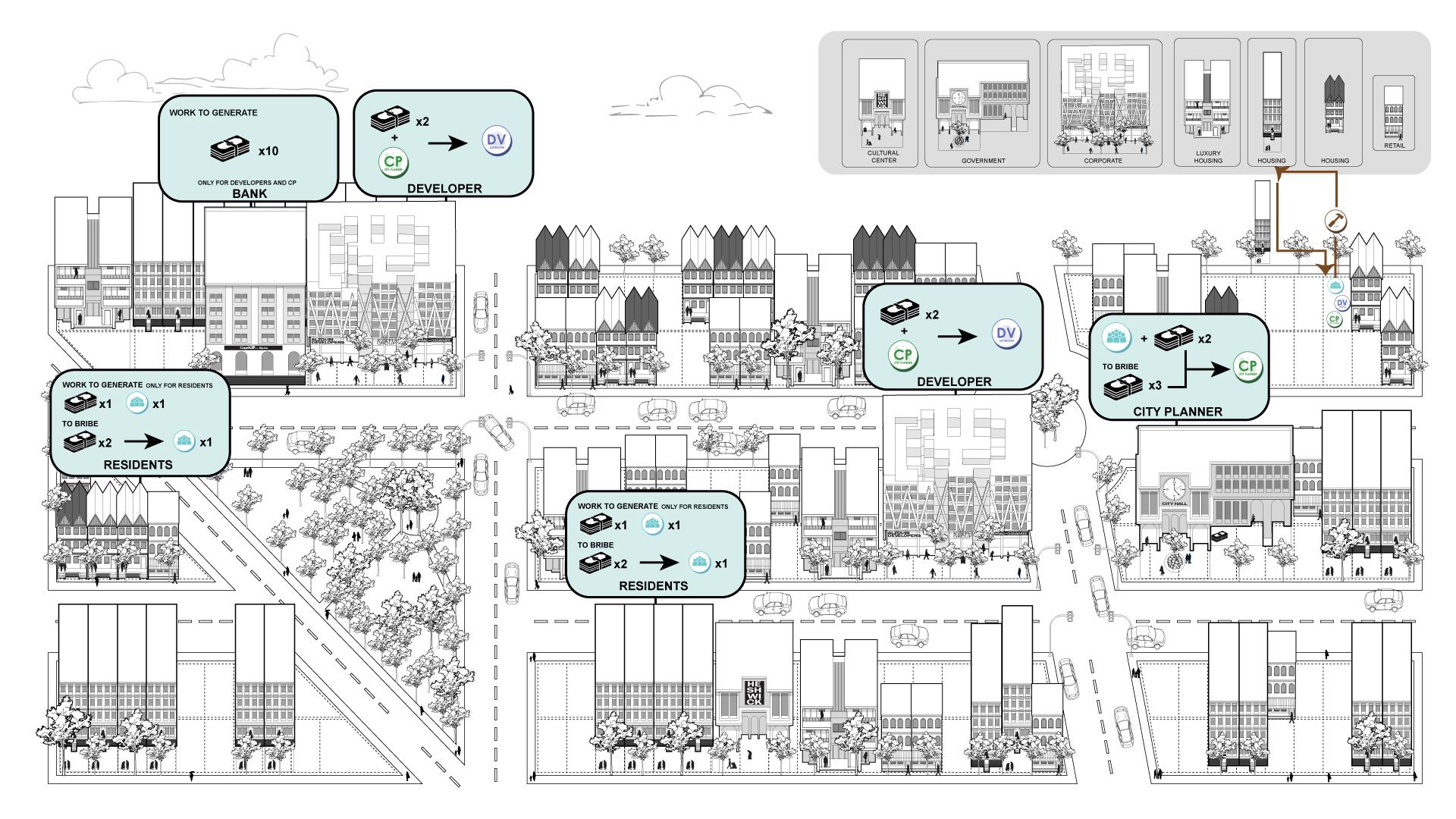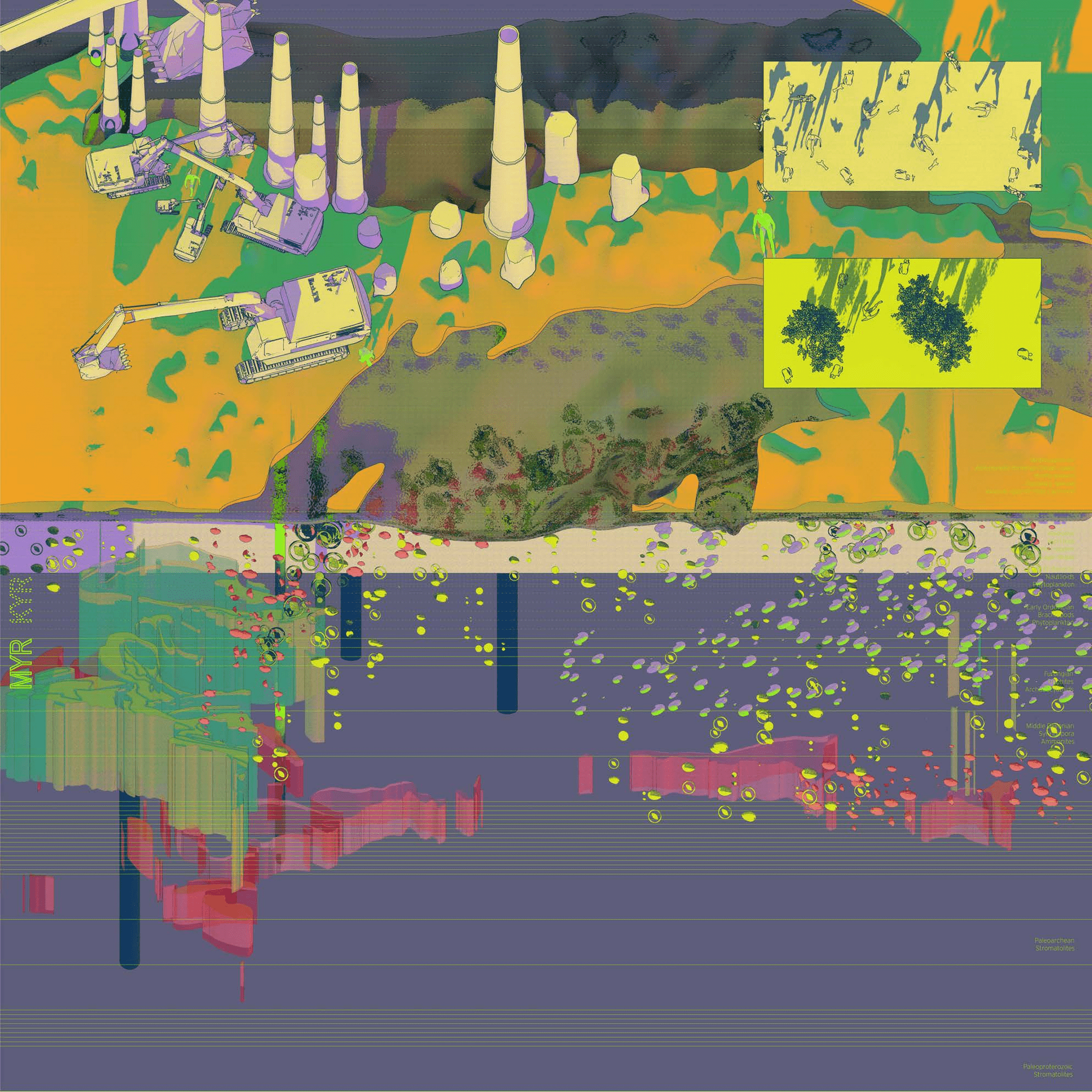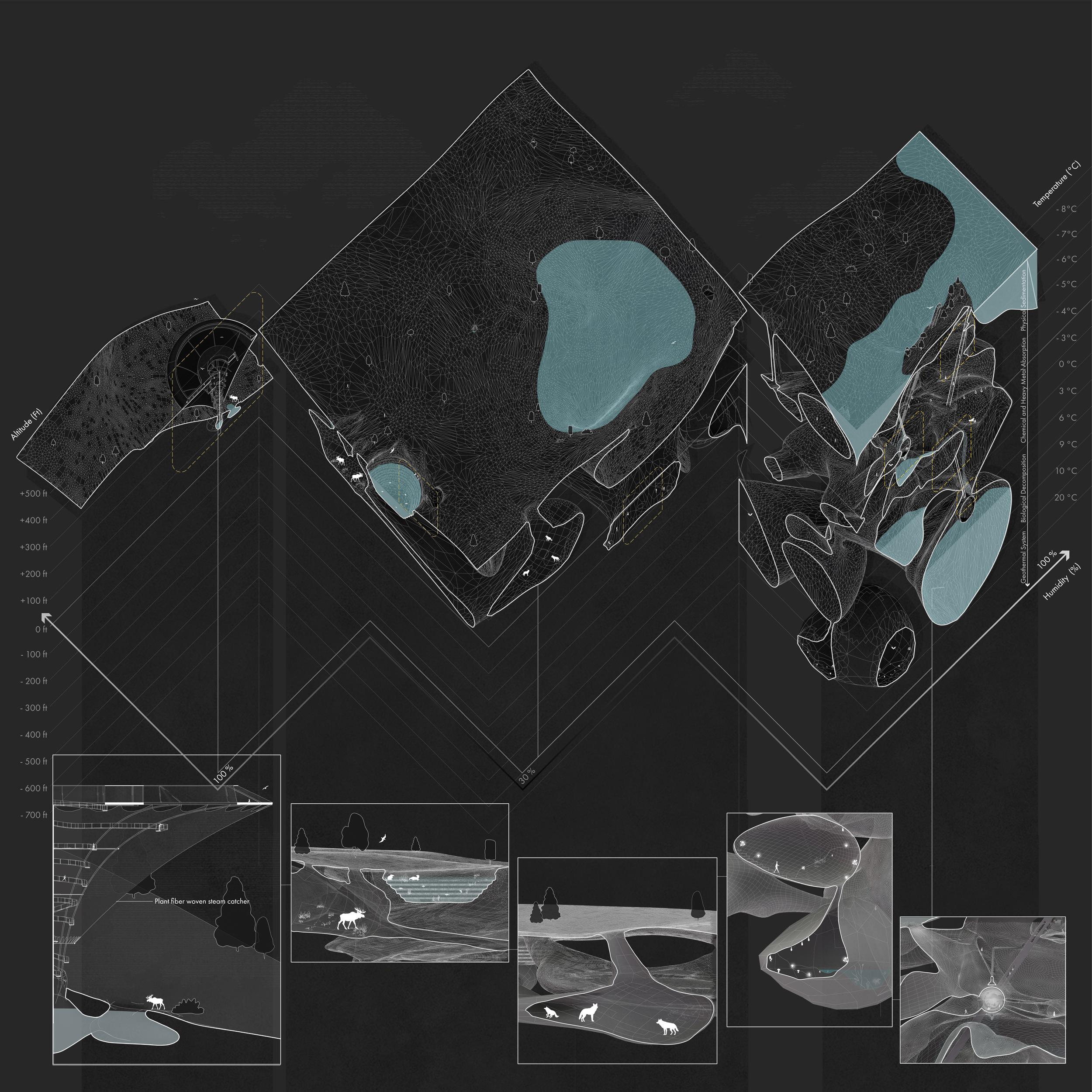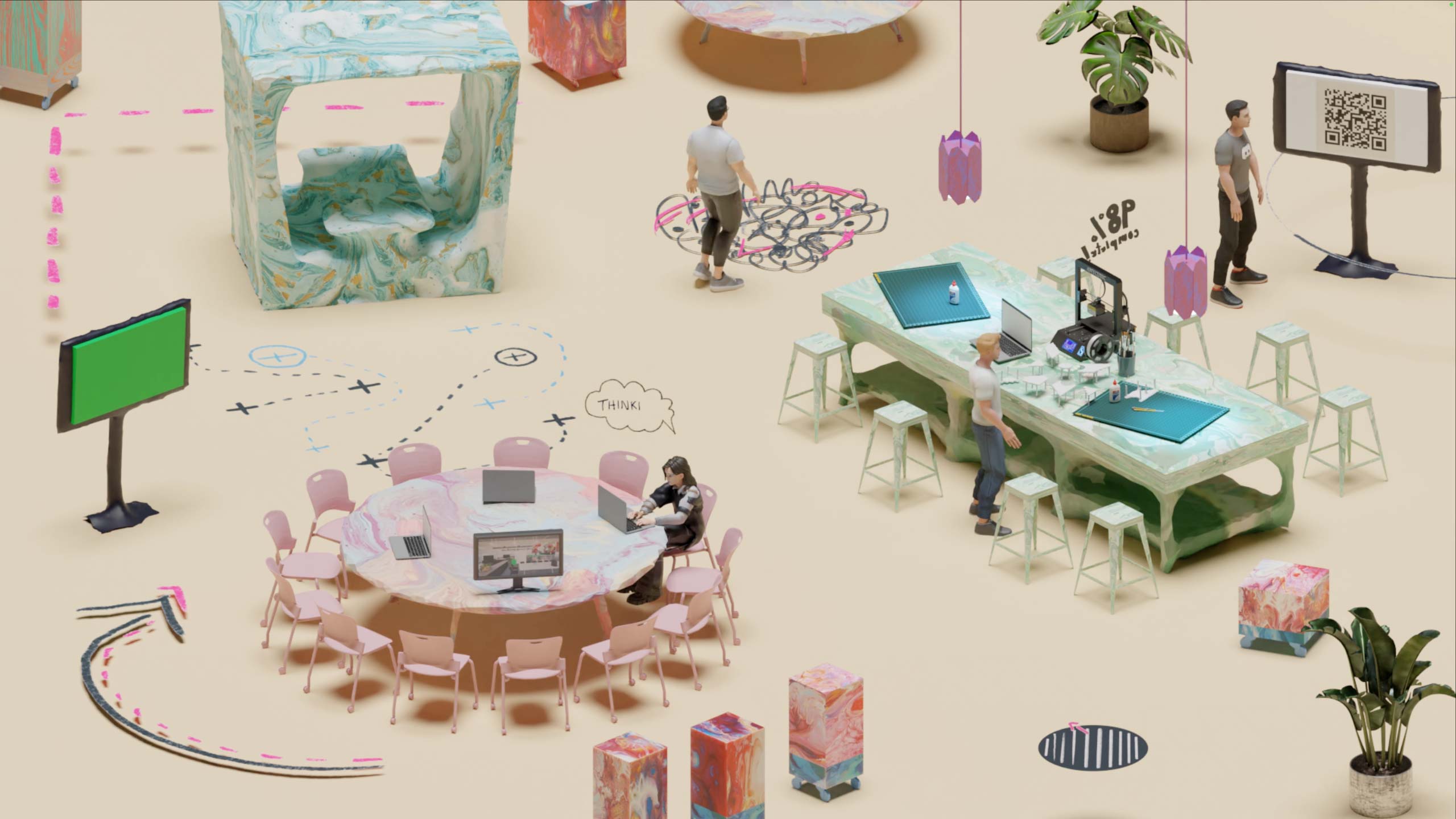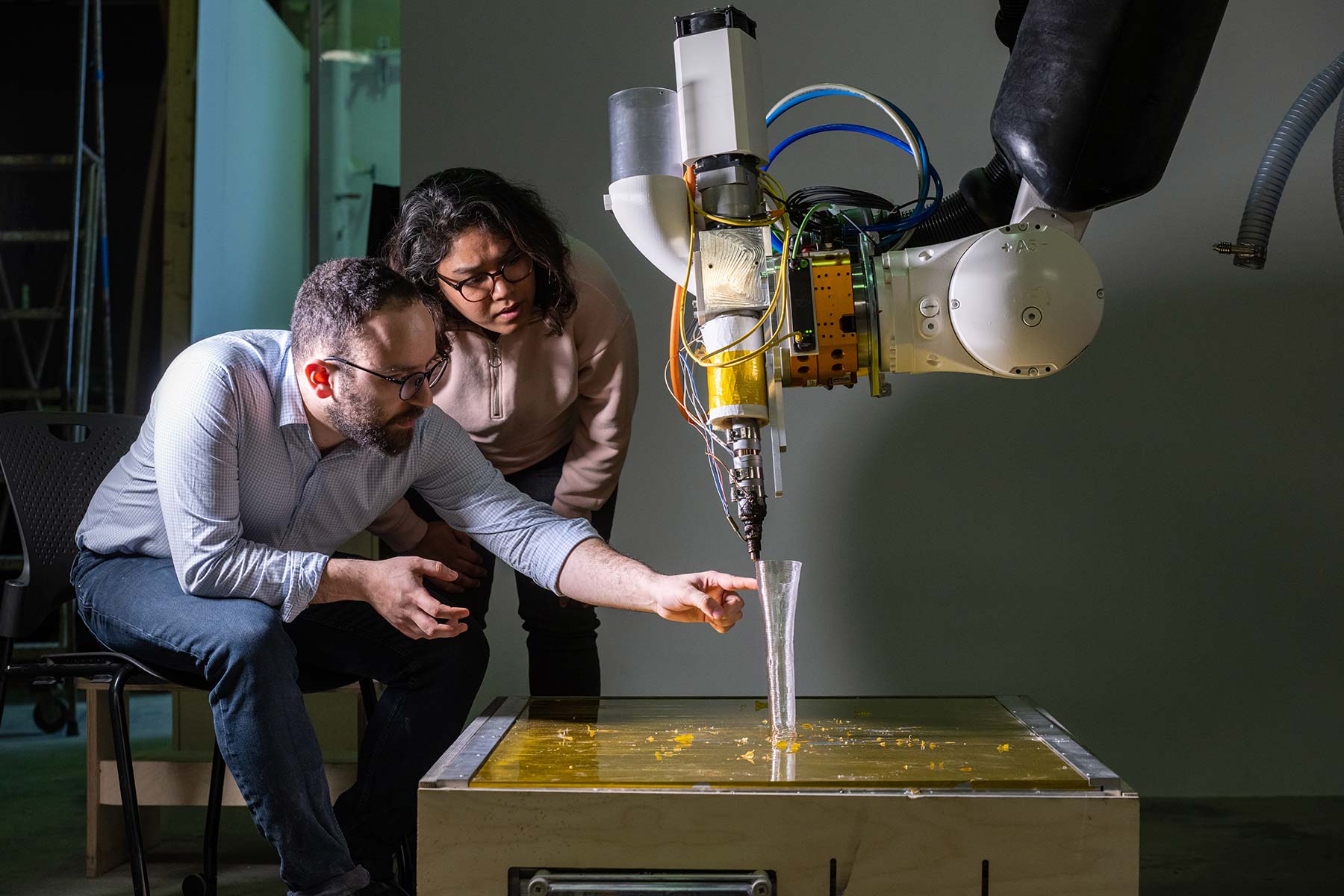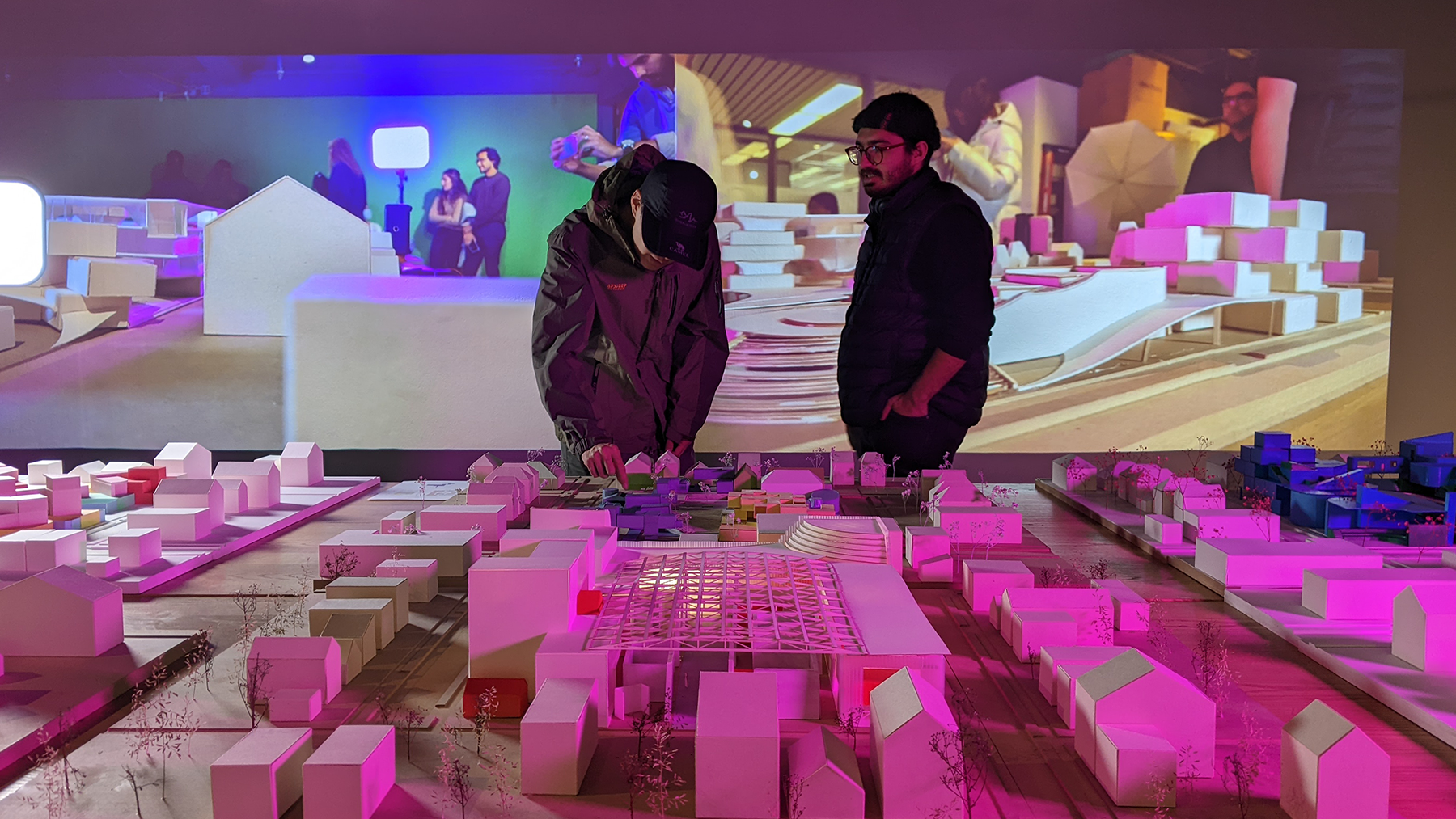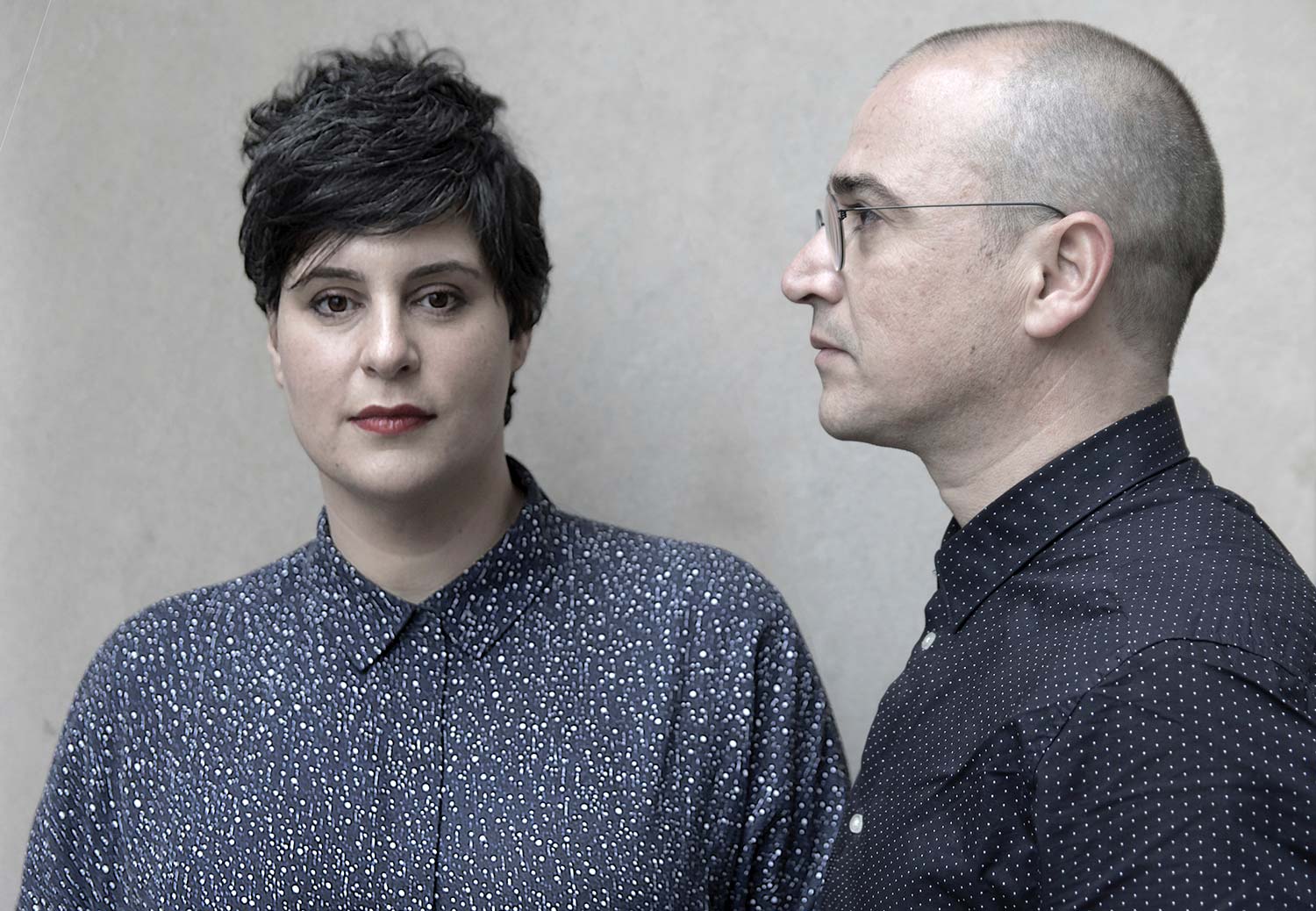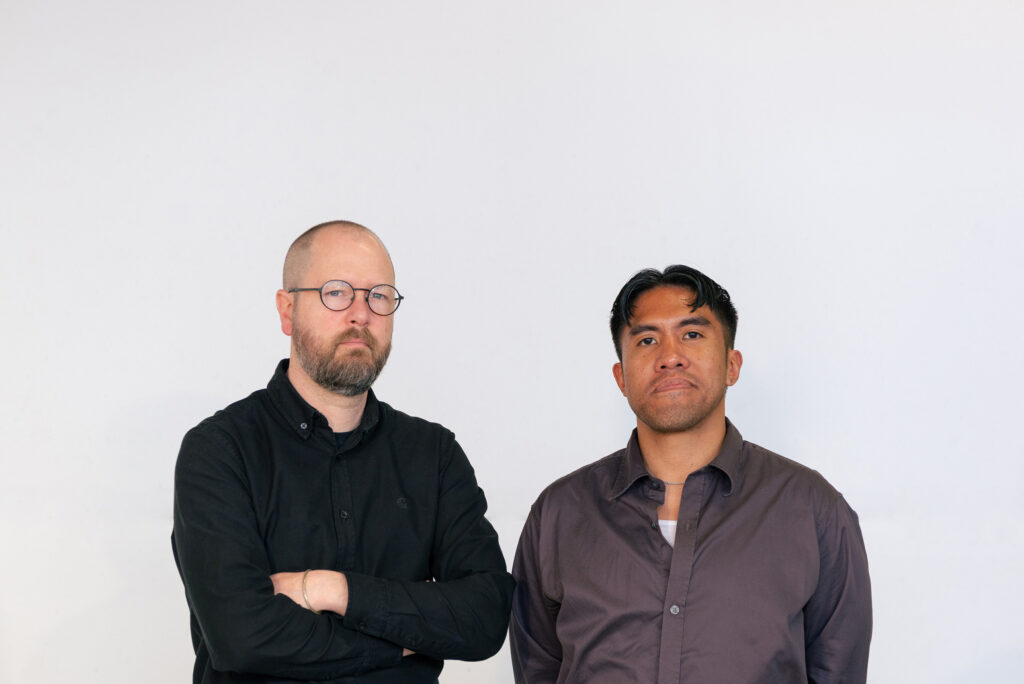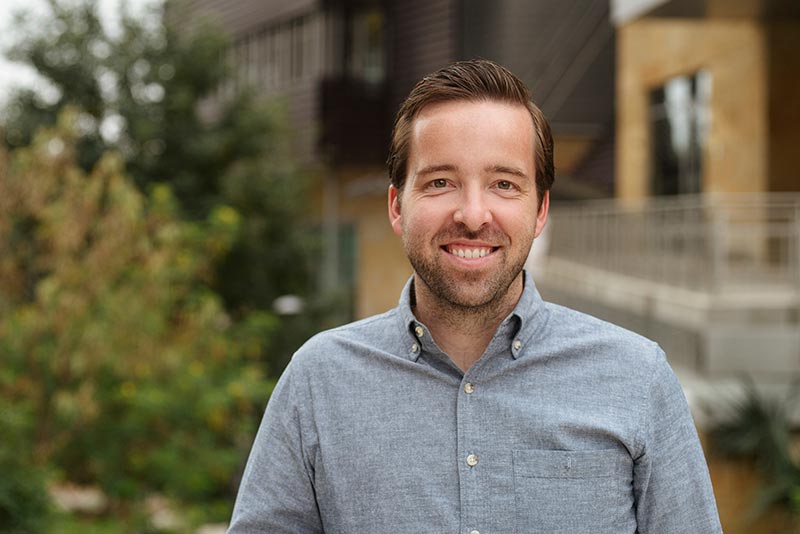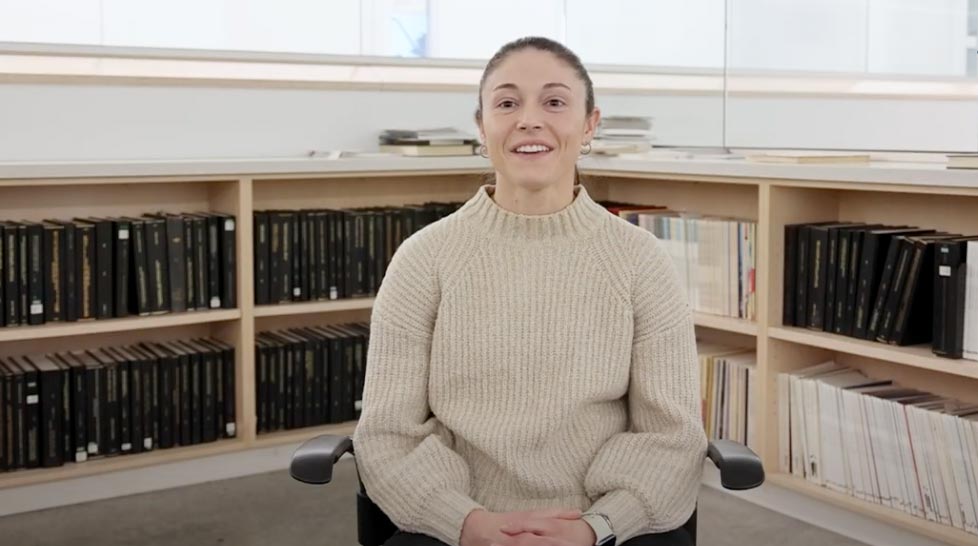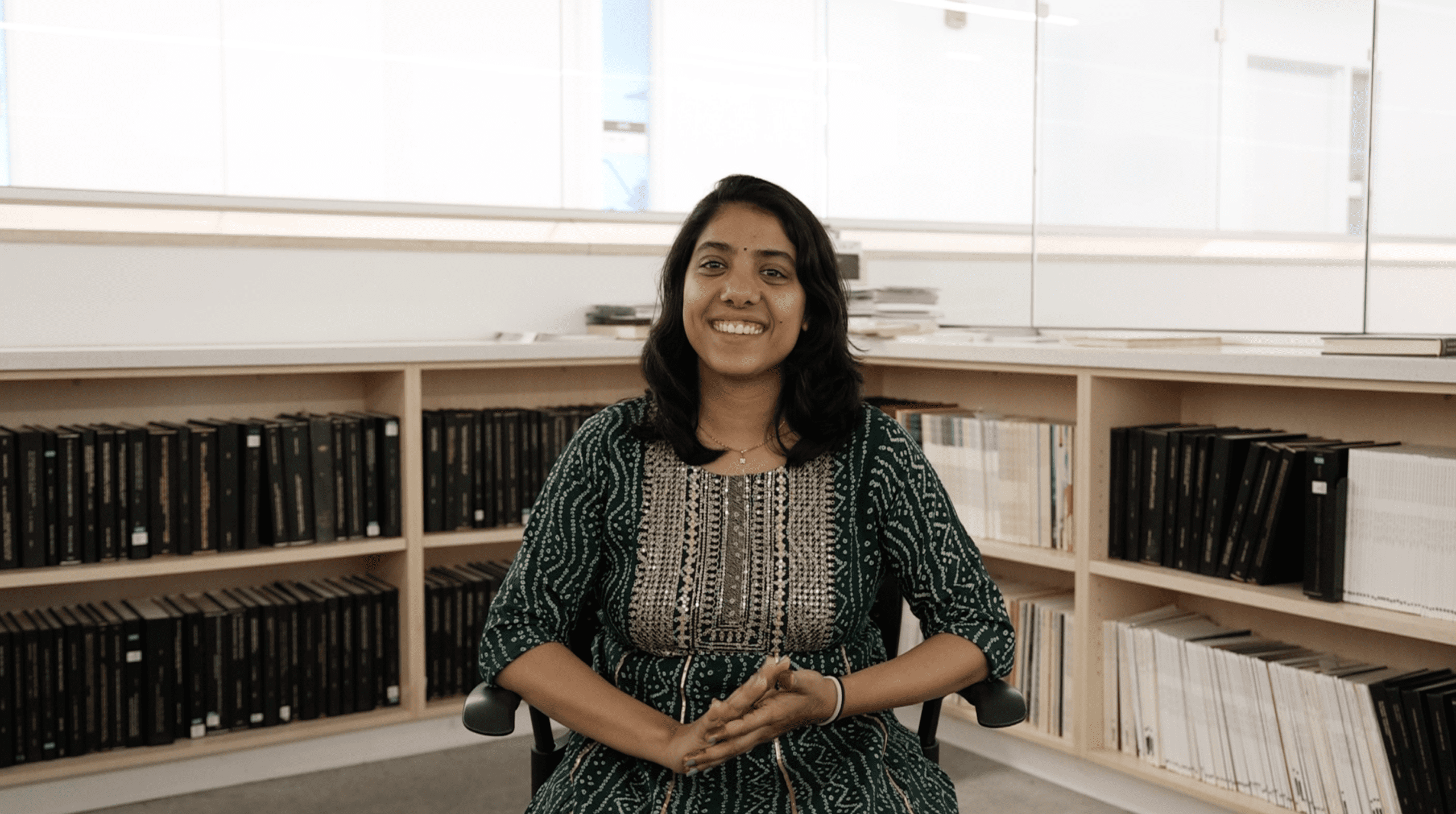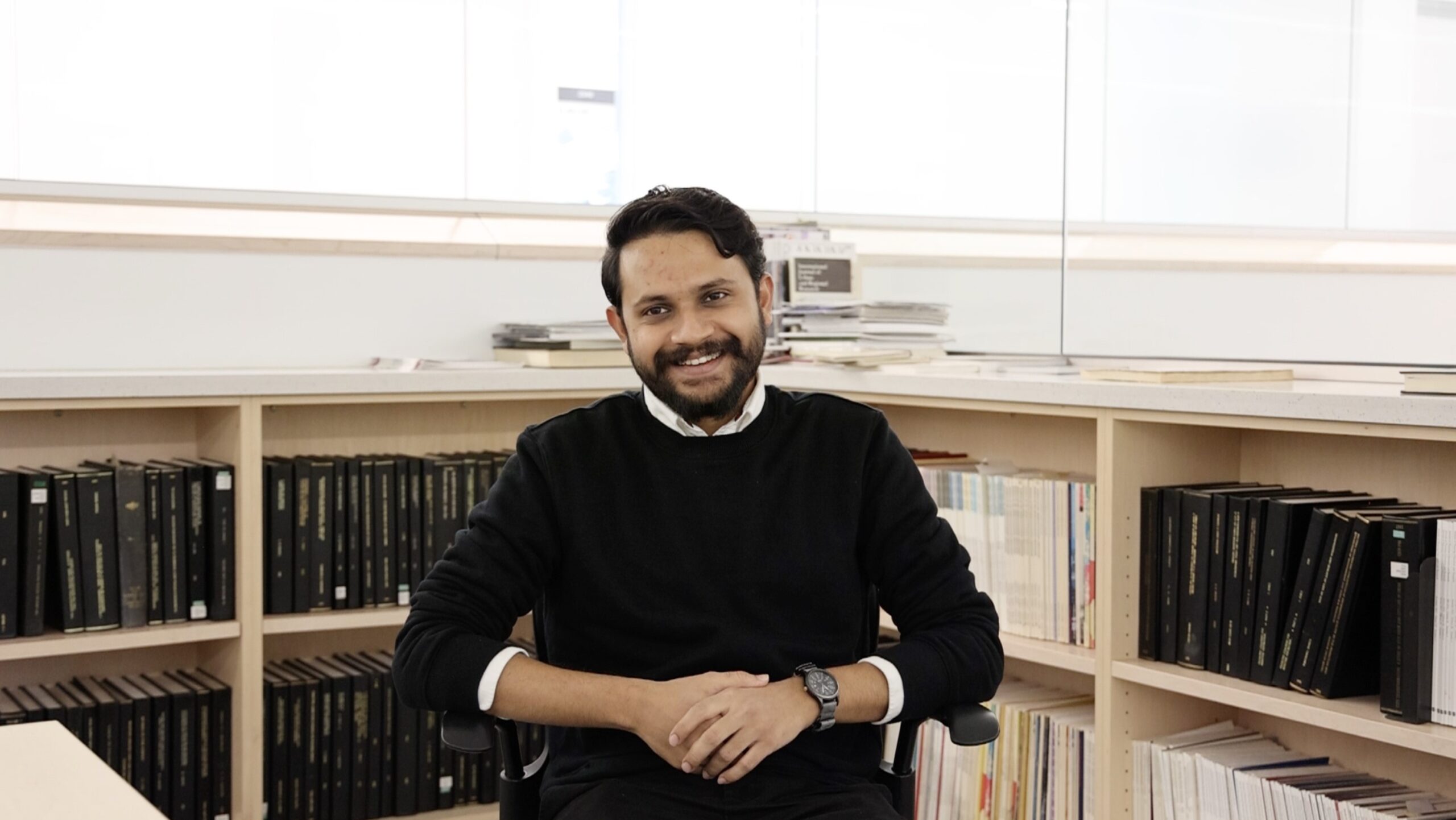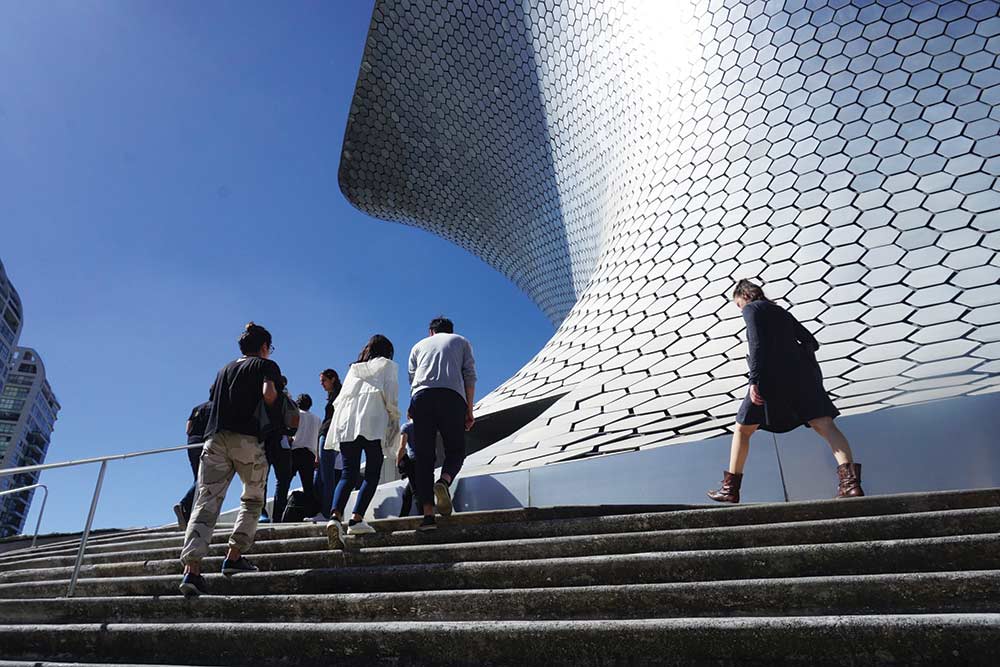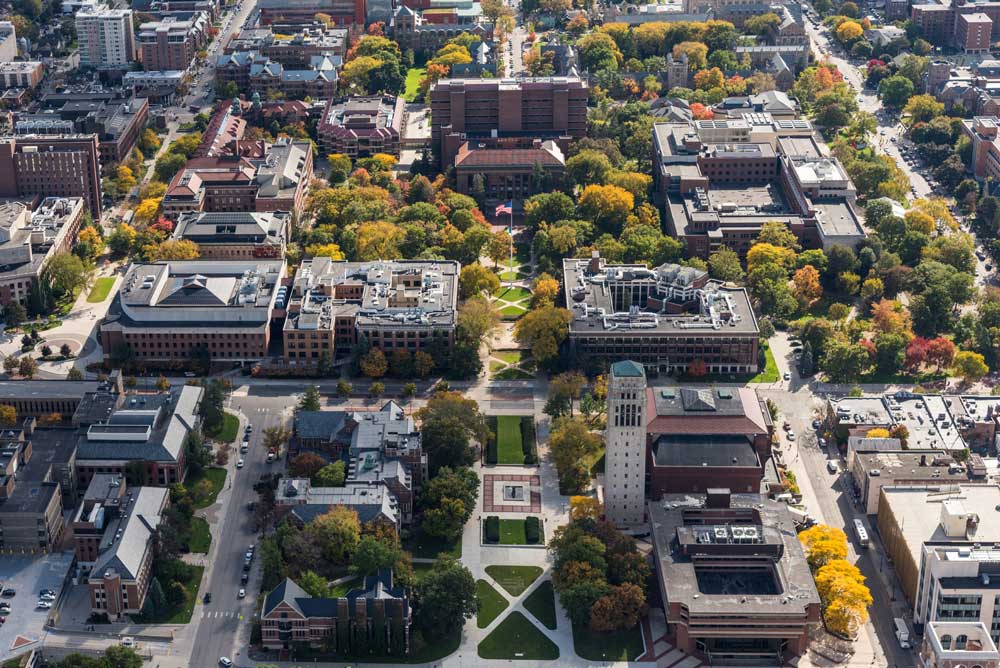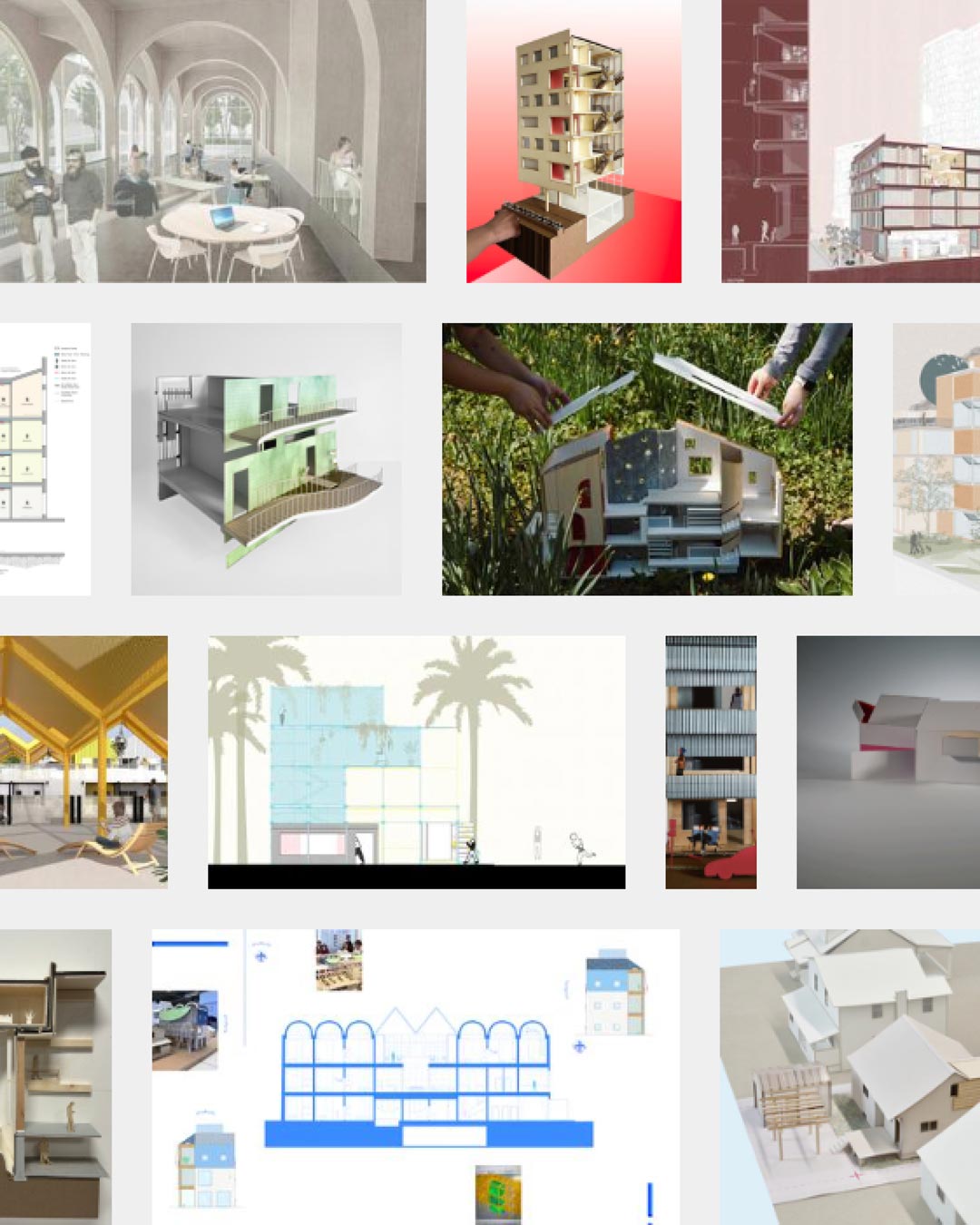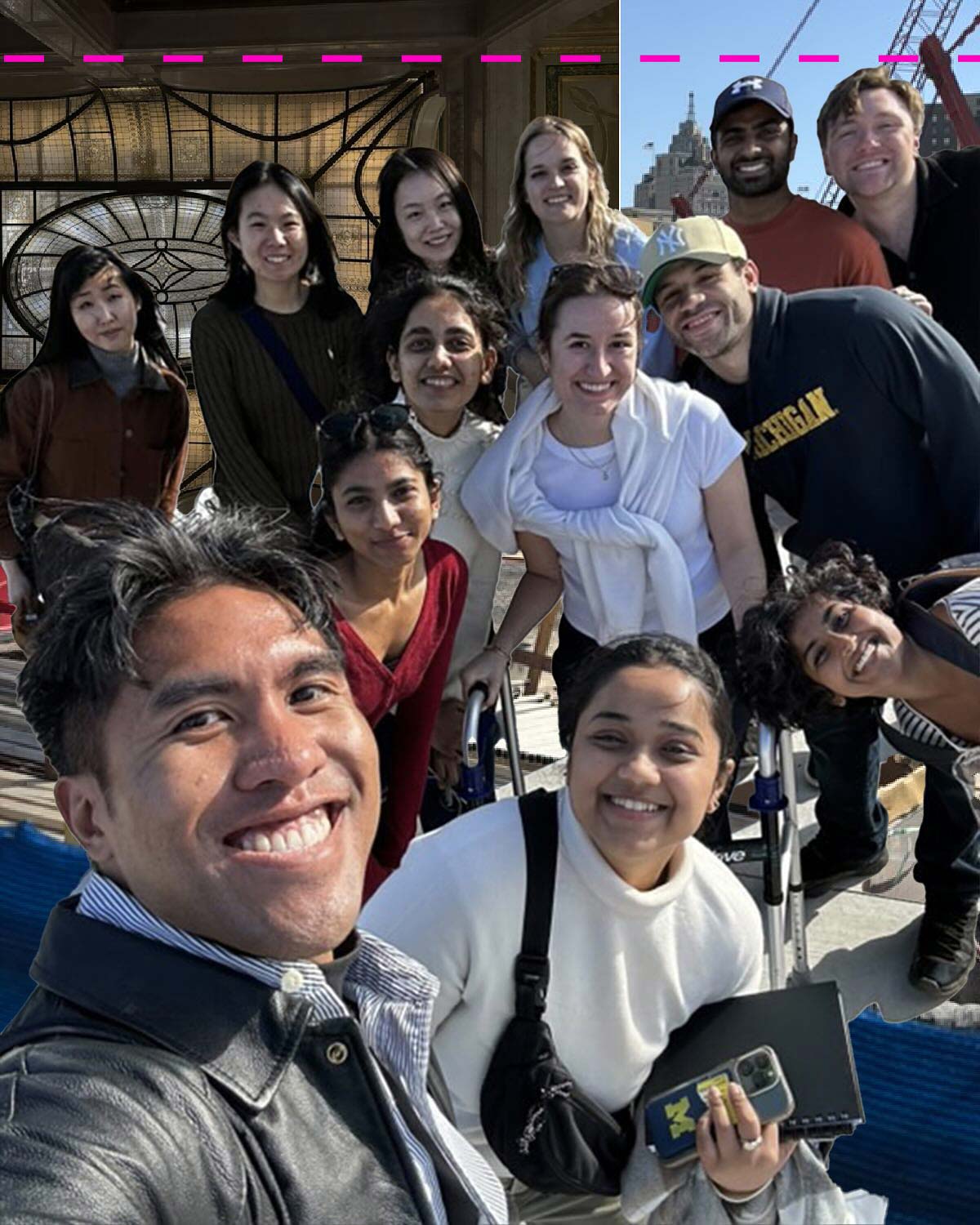Master of Urban Design
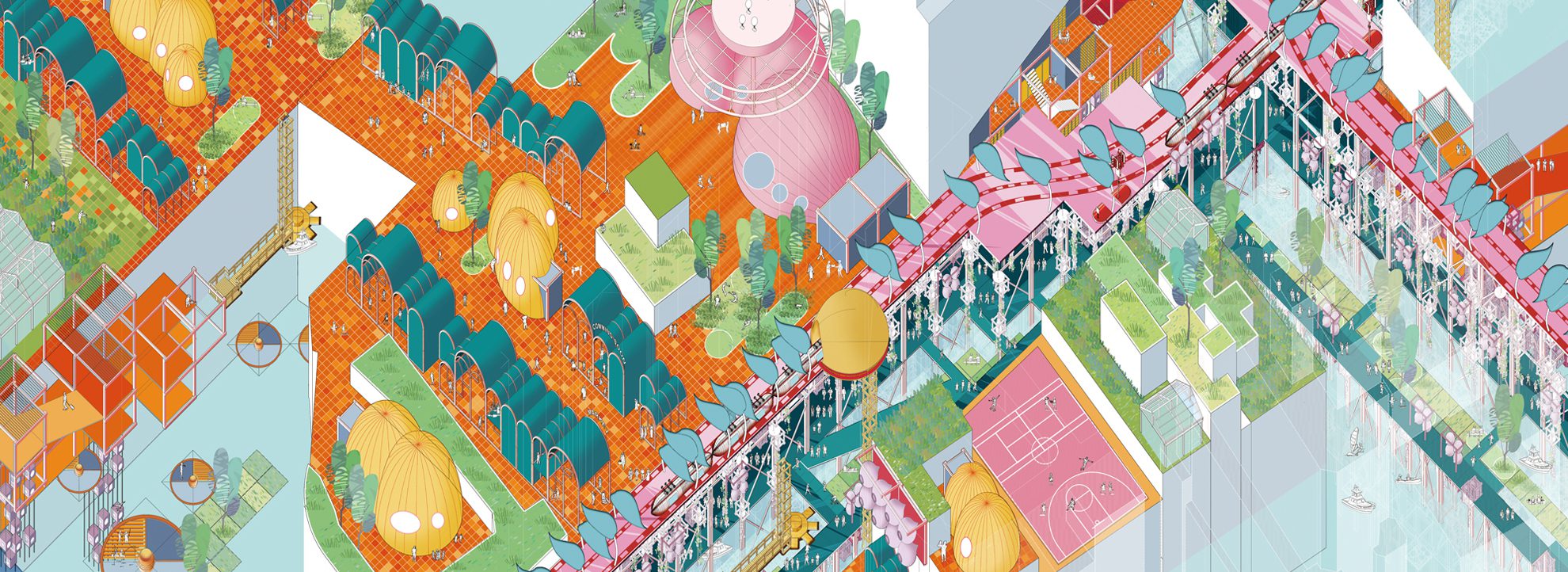
Our Master of Urban Design (M.U.D.) empowers the next generation of urban leaders to confront today’s most urgent urban challenges through research and speculative design. The program brings together students with degrees in architecture, landscape architecture, urban technology, and urban & regional planning in an interdisciplinary and collaborative environment. Leveraging its location in the Great Lakes Region, the program is structured around a sequence of three thematic semesters, exploring the future of cities and territories through the lenses of Justice, Technology, and Climate, and positioning urban design as the central discipline of urban transformation.
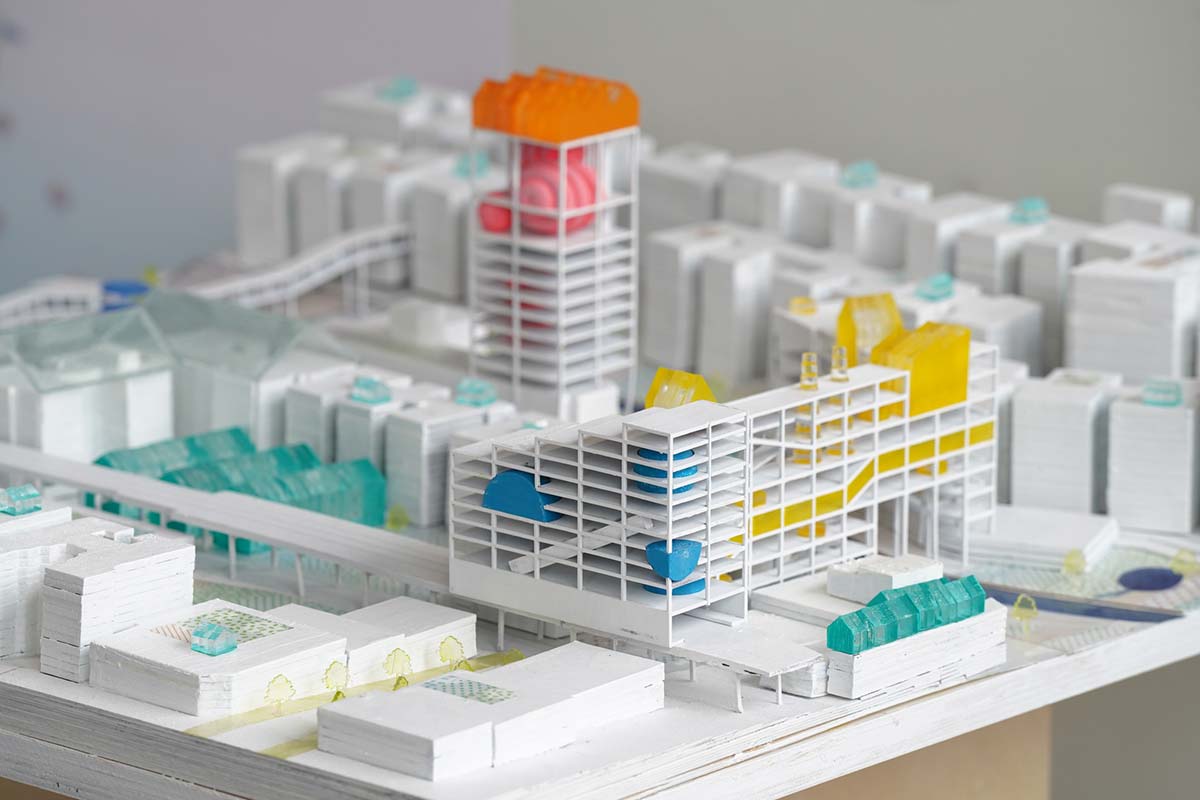

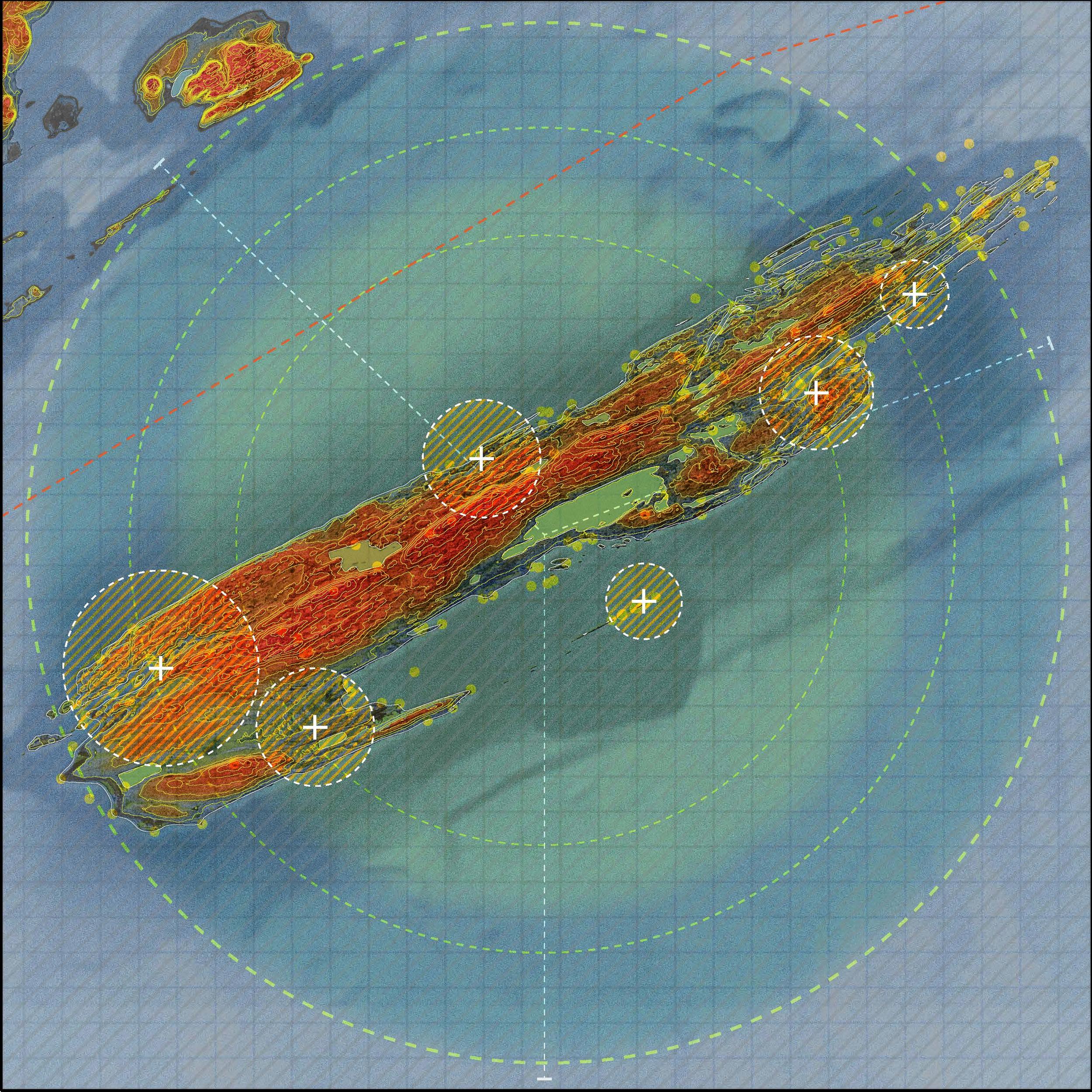
Situated in the Great Lakes Region, our curriculum engages with climate refuge geographies, considering strategies for resilience in the access to water, energy, and resources. Our proximity to the urban context of Detroit foregrounds questions of justice and equality. Travel components in our courses expose students to a wide range of urban issues, practices, and schools of thought in the twenty-first century that inform critical design experimentation in the studio.
Collaborate and Innovate
Discover Faculty Diversity
Our program’s strength is rooted in a collaborative culture of intellectual diversity. You will learn from faculty with a wide variety of expertise and methodologies.
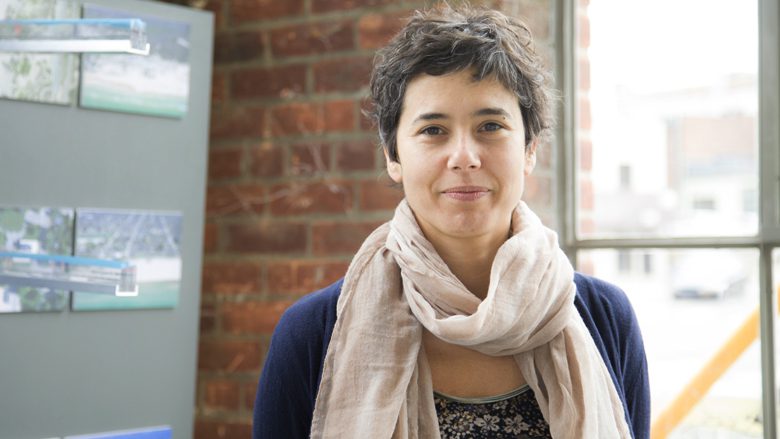
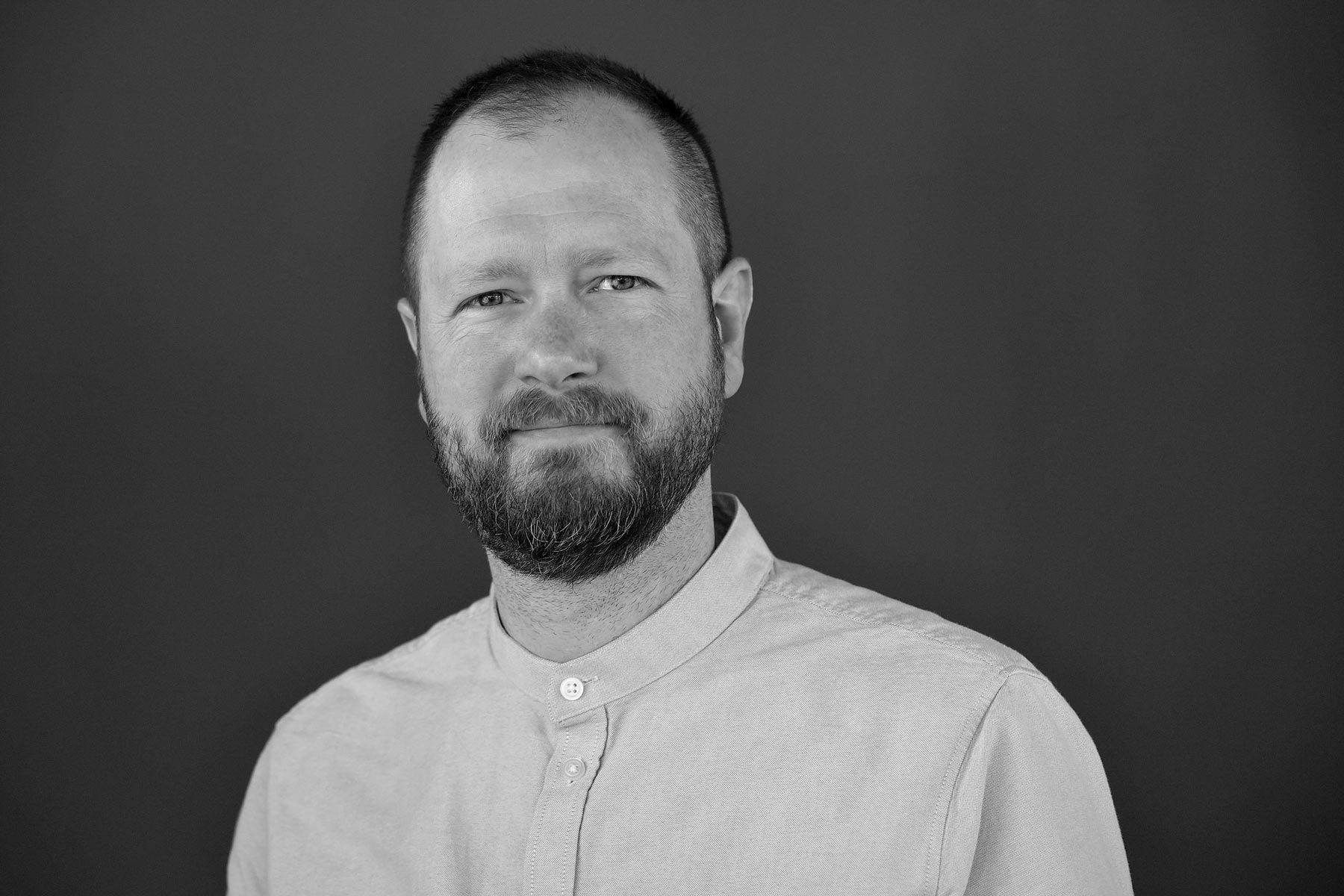
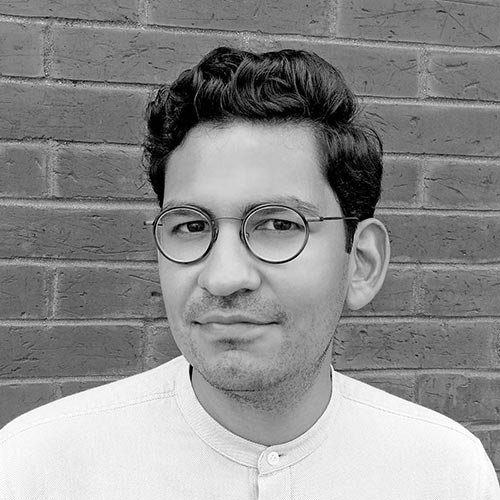
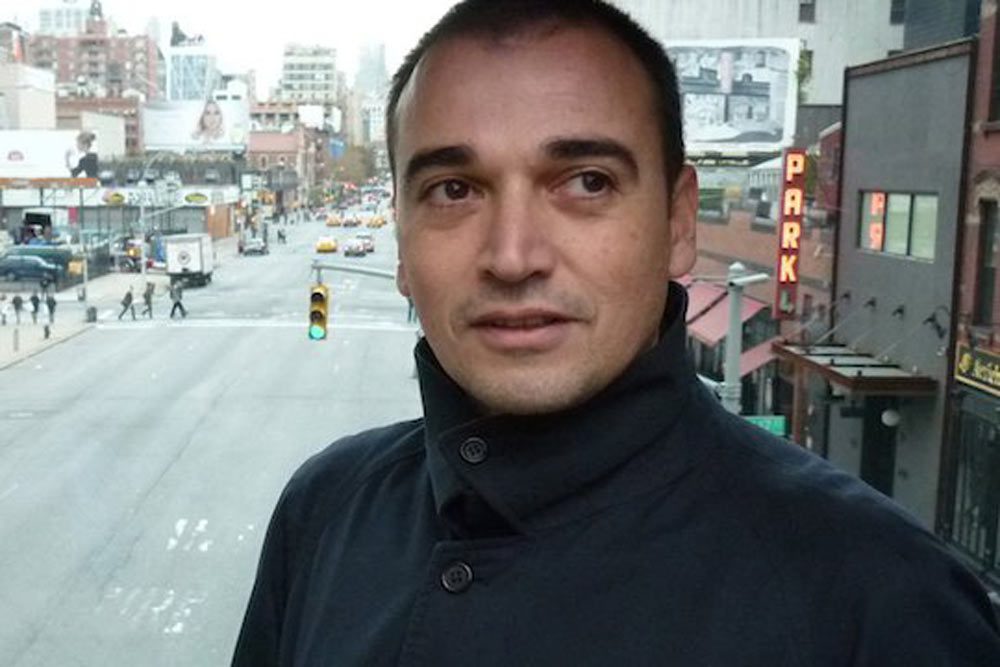
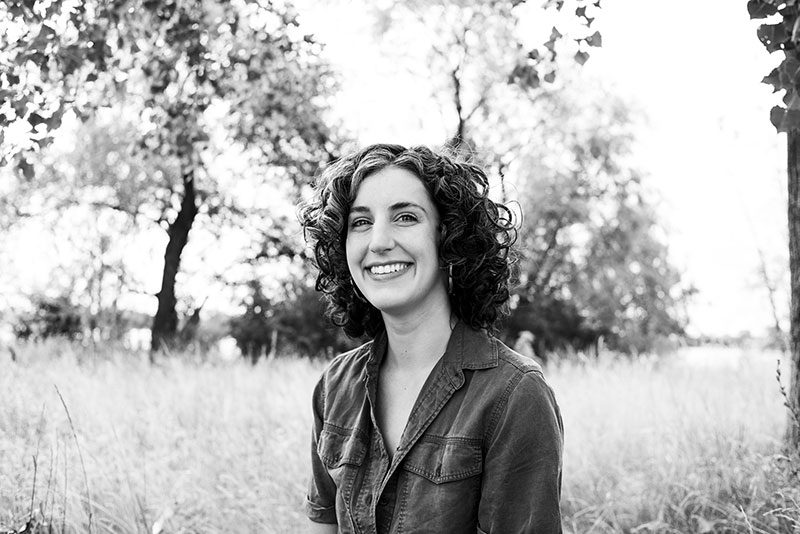
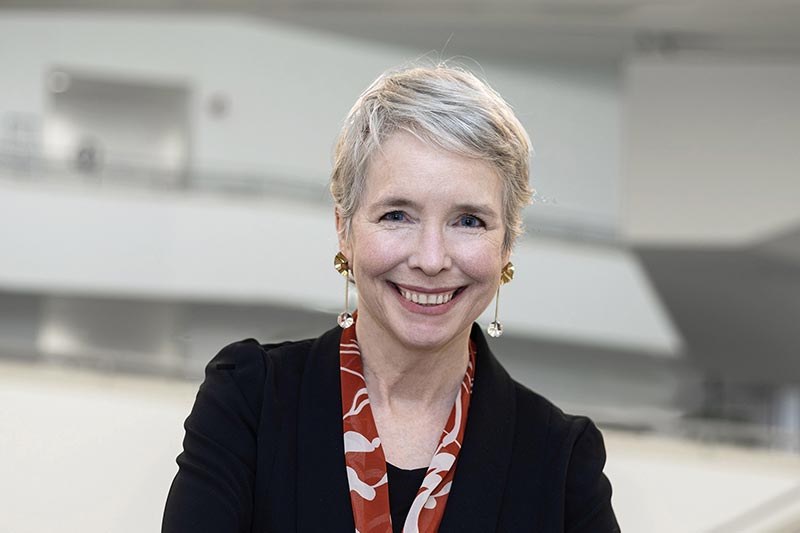

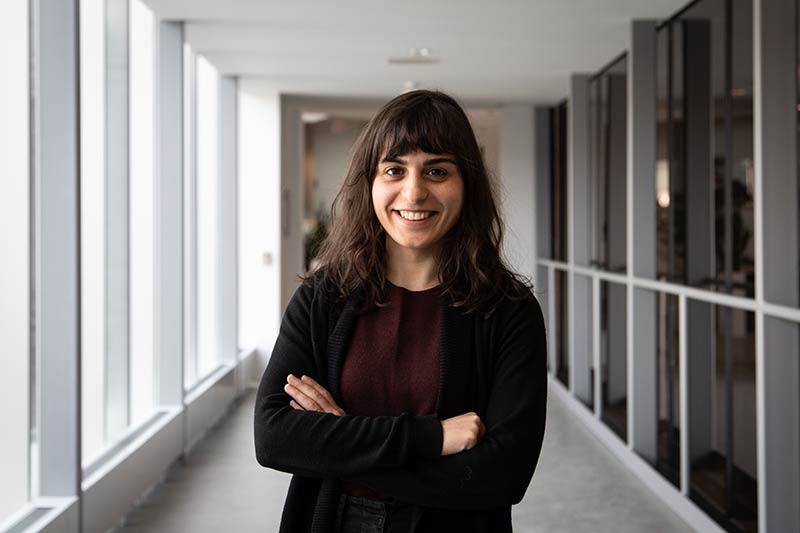

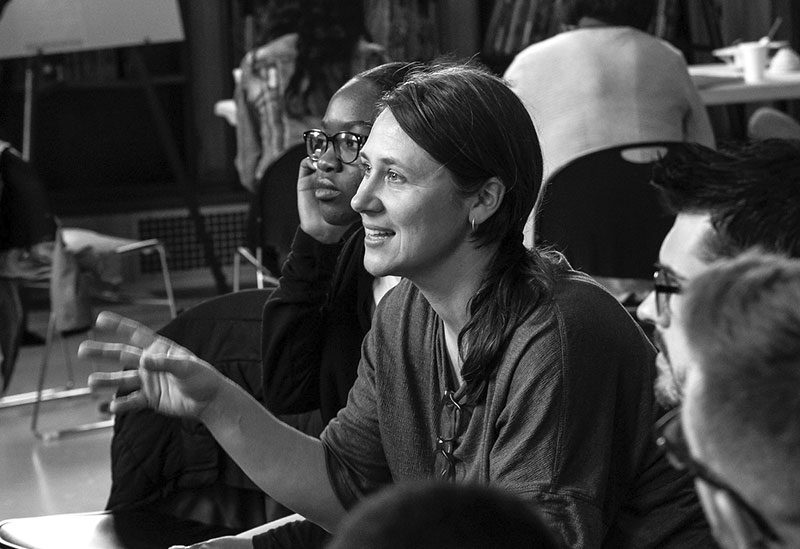
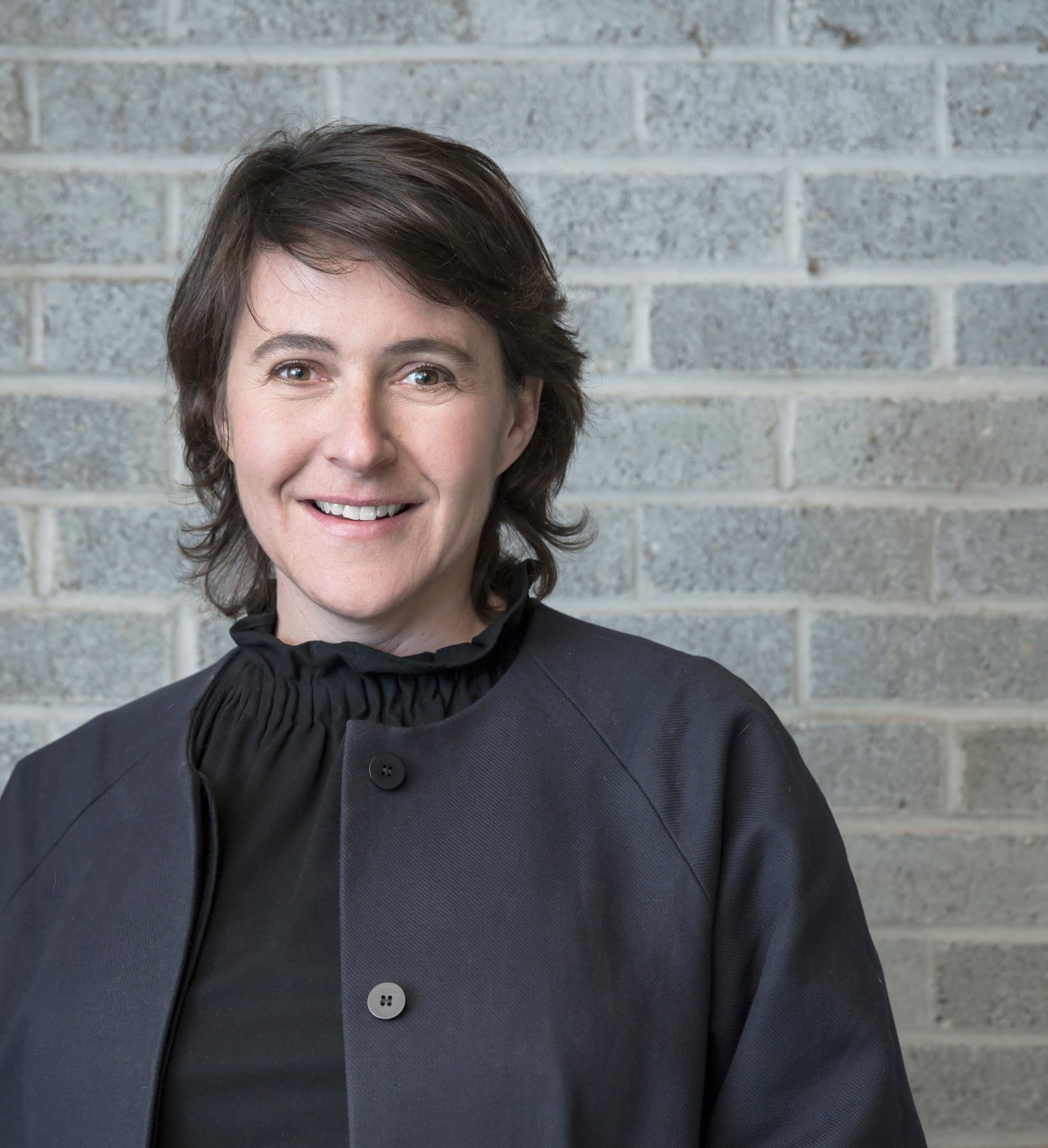
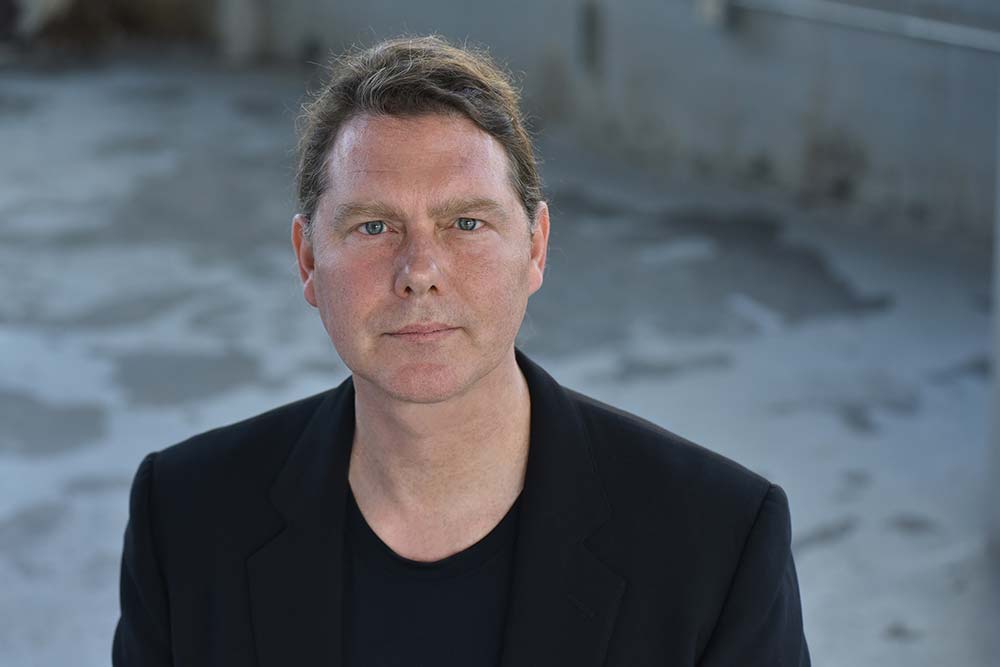
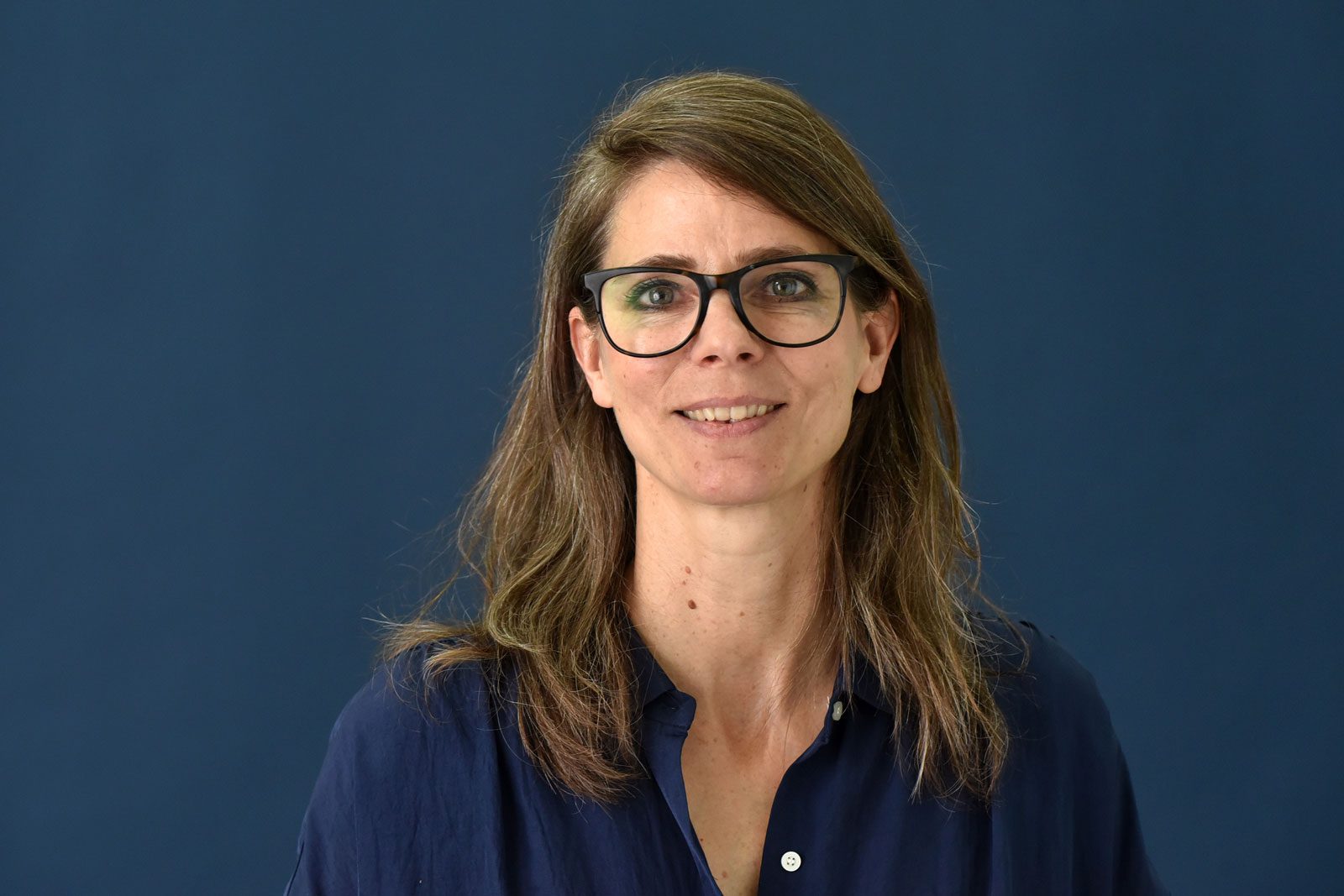
Connect with our Community
You will be well-supported by a large and inclusive community of students, faculty, and staff who are knowledgeable, curious, collegial, and just as excited about architecture as you are. They bring a variety of experiences and points of view. They will be your sounding board, your support network, and your friends. Upon graduation, you will join a global network of alumni in impactful roles across the industry, city agencies, and community organizations.









